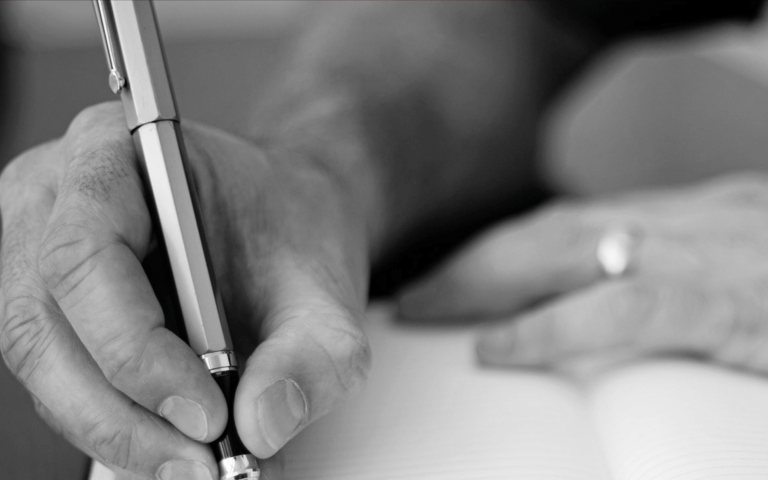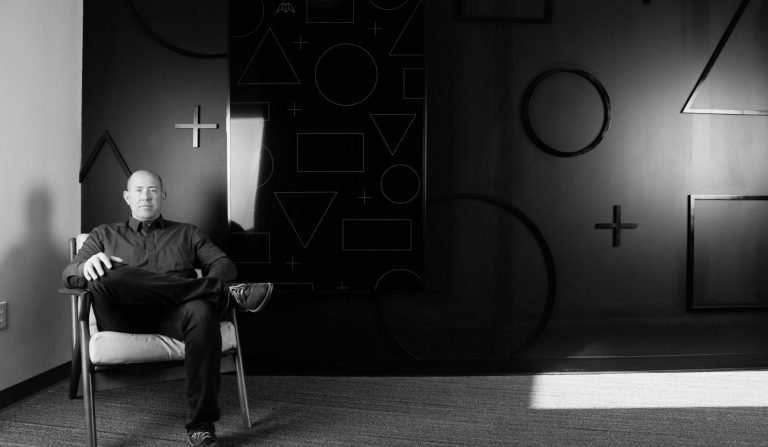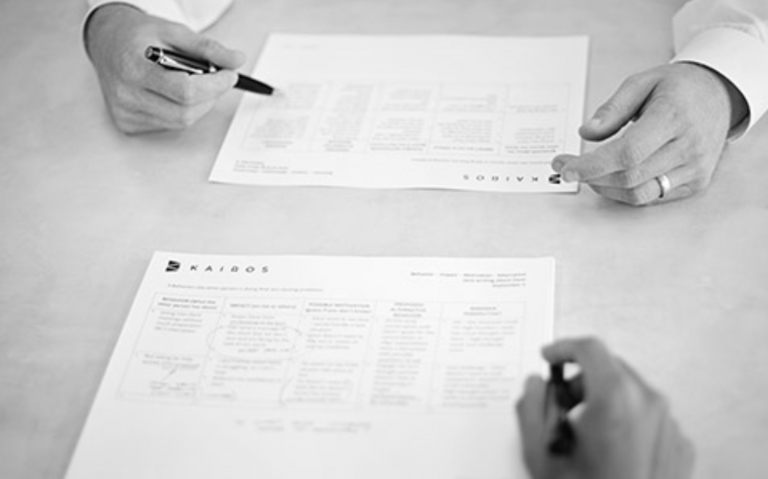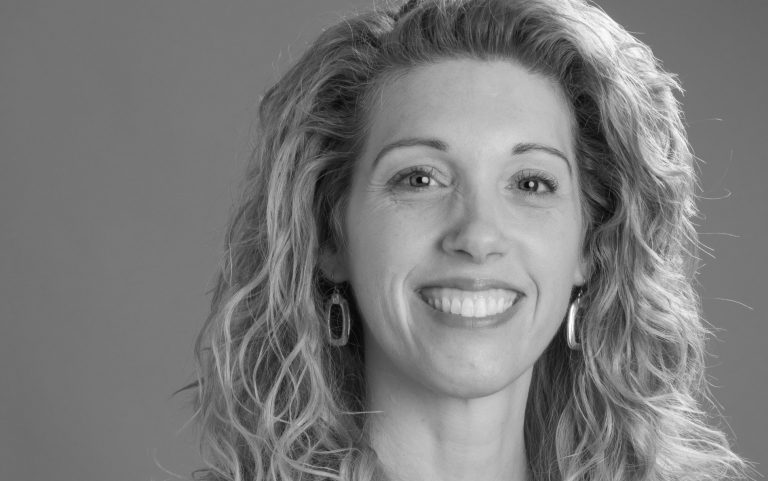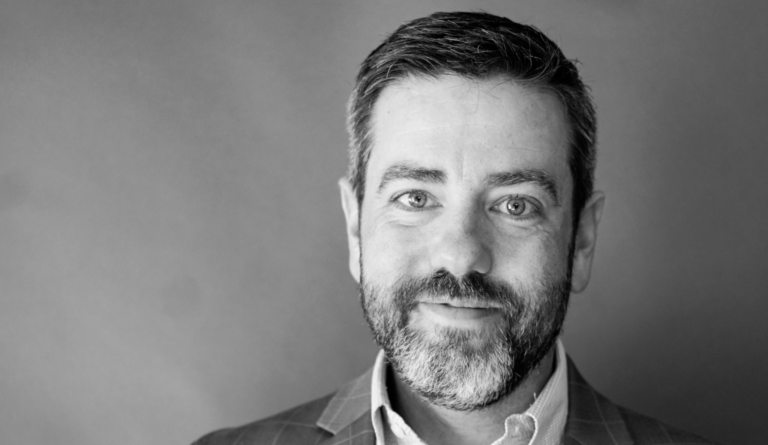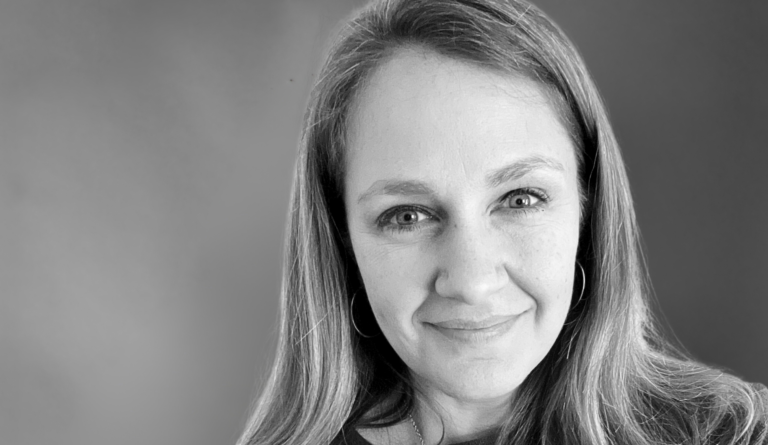I used to believe that if I wasn’t happy, then something was wrong, and something needed to change. I’ve come to believe that life is about both ups and downs, and that there are appropriate human emotional reactions to both. Fear, anger, and sadness are every bit a natural part of the journey as joy.
A few years ago, my therapist Jonathan was helping me access and process my emotions, especially as they pertained to my relationship with God (I was sensing that God and I had an intellectual– but not heart– connection). He handed me a sheet of paper about emotions, saying, “This is probably too 101 for you, but maybe it will be helpful.” I perused it for a few seconds and said, “This is definitely not too 101.” It defined four basic emotions: joy, anger, sadness, and fear. I realized I was intimately familiar with joy and anger, but sadness and fear were more foreign to me. Those of you who are more in touch with your emotions may be laughing at me for not using a larger set of emotions (like a color wheel), but four has been a great start for me as an emotionally-stunted human. The paper he gave me described when each emotion occurs:
— Joy: having what you want or need
— Anger: being blocked from what you want or need
— Sadness: having lost what you want or need
— Fear: at risk of losing what you want or need
I started journaling, doing a “daily examen” practice of reviewing the past 24 hours’ events and asking myself what emotions I felt at the time. I discovered some patterns…
- I didn’t always know what I was feeling, even in retrospect. I found I could sometimes “back into” my emotions by asking, “What would a normal person feel (according to the definitions) in this situation?”
- Many events evoked combinations of emotions, sometimes including all four simultaneously (just like the multi-colored memories in the movie Inside Out). This enabled me to observe not only the complexity of my emotions, but also the nuances of past situations, including patterns and subtleties that I missed at the time.
- Sadness and fear often slip out sideways for me and manifest as anger. Other people tell me anger is often a “secondary emotion” which masks or overpowers the deeper emotion. For me, sadness and fear feel like weak emotions, and feeling anger (a strong or invulnerable emotion) is more tolerable. I later asked my better half Kim if she thought this was true of me. She affirmed that I appear more irritable than sad when I experience loss.
- Emotions are information. Humans have three ways to access and process information: head (logic), heart (emotions), and gut (intuition). Enneagram teachers call these the Centers of Intelligence. They are three different ways of knowing. All of us are dominant in one center, and repressed in one center. (As an aside, some people have the same dominant and repressed center– ask me about that interesting tidbit if you’re curious.) I’m heart-repressed and gut-dominant. I’ve learned over a lifetime to pay attention to my intuition (which is a faithful guide, especially if I’m centered and at peace). And I do pretty well with the thinking. I’m learning to listen more to my emotions, but I just don’t have that many reps in yet. According to my friend and former boss Bill Gorge, “A leader’s primary job is to discover reality and deal with it.” It’s hard to discover reality when one of my three information channels is muted. I find that “turning up the volume” on the emotional information stream gives me a more balanced and complete view of reality.
- I can experience my emotions without being attached to them. This requires that I fully engage with my emotions (a very subjective experience) and simultaneously maintain some level of objective distance – noticing them, getting “above” them, in a way. It feels like a paradox to me– a seemingly impossible and-also (subjective + objective, fully engaged + apart from). One key to this paradox appears to be not identifying myself as those emotions, but rather realizing, “I am the mountain; they are the weather.” Just like weather, emotions can be powerful. When I was a baby, my mother observed that I “enjoyed being in the grip of strong emotions.” When an emotion arises unexpectedly (as often happens in me, like a sudden squall), it takes me on a ride, until I notice I’m on the ride. Then I can detach and start to discern what the emotion is telling me.
- I’ve found that it is difficult for me, but valuable, to just sit in my emotions, experiencing them fully. Trying to rush through the “afflictive” emotions (sadness, fear, anger) just means I prolong them and don’t allow them to do their work on me. I can welcome each emotion, instead of fighting against it. “Feel your feelings” is deep, deep wisdom.
I share these experiences in the hope that they may provide some insights into your own journey. I believe this is really important work. As I continue to discover more of my own internal landscape, I’ve received an unexpected gift: I have more compassion for others. As a species, we could all use more of that. Being human is hard, because each of us is a hot mess. I need grace from others, desperately, to help me grow and mature. And others need the same from me.

